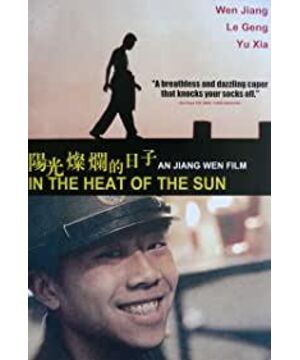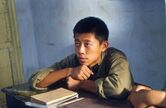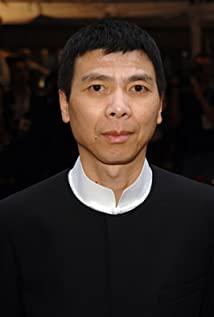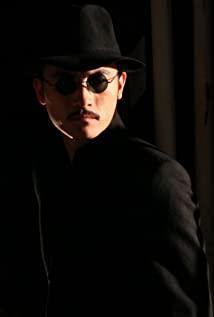For many people, the "Cultural Revolution" was a dark period in which right and wrong were confused and black and white were reversed... However, Jiang Wen's "Sunny Days" is unique in its portrayal of the times and its narrative point of view. Instead of expressing the usual grief, it depicts the existence of a group of teenagers burned by dangerous passions against the backdrop of a military compound that is relatively calm compared to political madness - when the people of the whole country are throwing themselves into the revolution. At the time, they were troubled by other fires. They spent their youth in the dazzling sunshine and red flags everywhere, with impulse, love, sex, childishness, failure, adventure, and growth. The value of "Sunny Days" is not in the age, but in its authenticity and touchingness. In the play, the growth process of the male protagonist Ma Xiaojun is very similar to the experience of many people in that period. Although there is no pain of life and death, it is just a youthful dream of personal growth, but it is shocking with its reality. The description of human nature in this film is true. In that era when "injustice" and "hate" were overwhelming, the unsettled teenagers were occupied by unformed passions and desires. The cunning inner demon gradually touched the road, and the arrogance and might of the male world blossomed and bears fruit in a state of tensed muscles... Everything is a "milestone" in memory, a memory of no regrets.
View more about In the Heat of the Sun reviews











